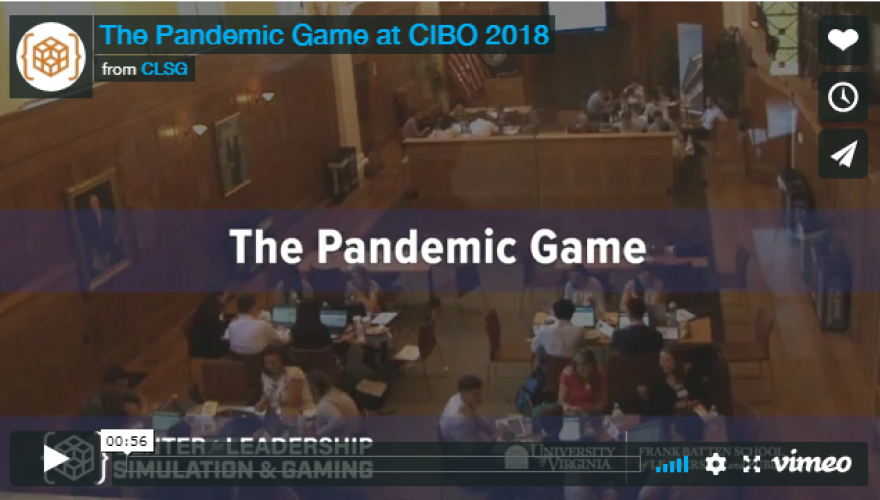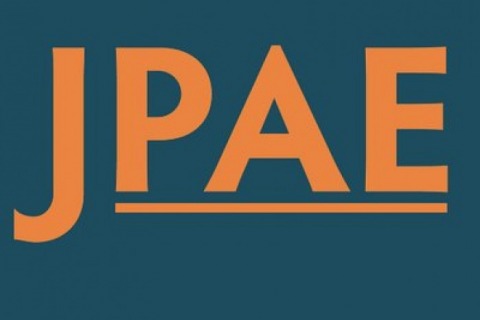Why Simulations?
WHY SIMULATIONS?
Participatory simulations are immersive, experiential learning tools that provide a bridge between classroom learning and real-world application. In these sims, participants are presented with unstructured, dynamic problems. To handle these problems, they’ll need to draw on knowledge from an array of disciplines. Participants have a chance to hone skills like critical analysis, crisis management, leadership, group decision making, and strategic thinking.
In the world of public policy, simulations provide an opportunity for students and stakeholders to explore the complexities of real-world issues as well as the nuances of effective leadership.
Simulations take a real-world problem (such as the spread of a disease or managing food security) and turns that problem into a conceptual system model, which then serves as the basis for the simulation. The real-world system is then turned into computer code.
While programming, developers include opportunities for users to change the outcome of the conceptual system. These are the policies participants may choose to enact.
In a participatory simulation, the students must interact in their various roles to achieve a common goal. Simulations used in the Student Simulation Competition require participants to balance individual goals with team objectives. There are also sometimes objectives for each group of teams.
The video below will give you a sense of what a participatory simulation looks like in action. The students in this event were using a classroom version of the simulation developed for the 2018 NASPAA-Batten Student Simulation Competition.


